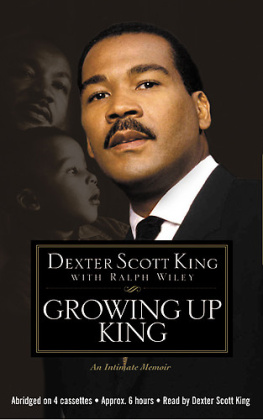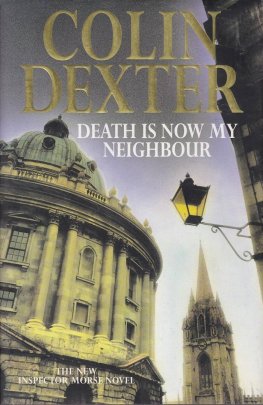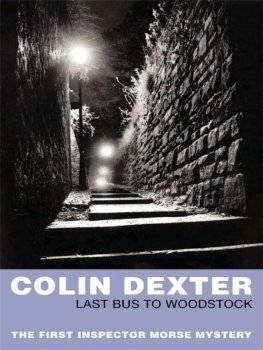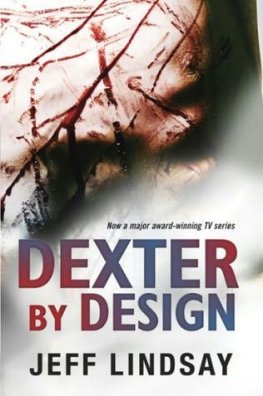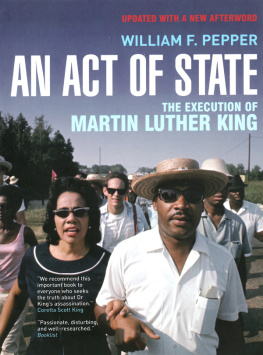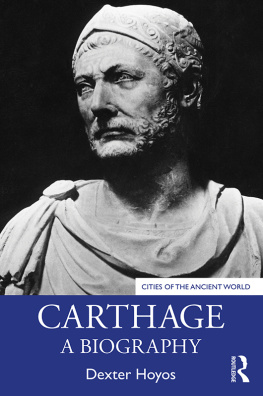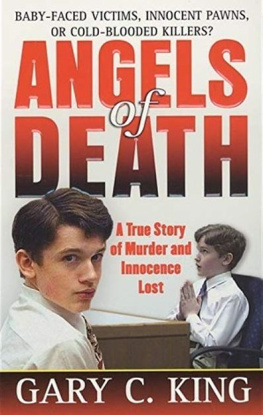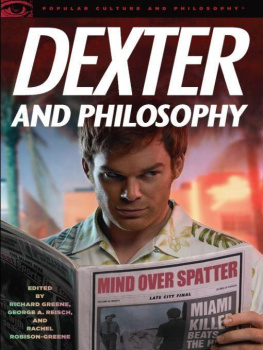Copyright 2003 by Dexter Scott King
All rights reserved.
Warner Books, Inc.,
Hachette Book Group
237 Park Avenue
New York, NY 10017
Visit our website at www.HachetteBookGroup.com .
First eBook Edition: January 2003
ISBN: 978-0-7595-2733-1
Contents

M emory is not always to be trusted, yet memory is all we have, where we all live. Ive learned memory is all that can be trusted, in the end.
For any five witnesses to an event, there are five versions of what happened. Which is closest to truth? In this book I trust my memories, and those of my siblings, my mother, friends, and family members. I looked at documents, notes, newspaper clippings, magazine articles, books, film documentaries, and other references, the better to refresh and confirm this collective memory. I searched myself as well. But I also know no book that has been written has captured how much I loved my father in Atlanta when I was six, or how I felt at seven, when he was killed in Memphis.
There is no polite way to bust out of prison. Jailbreak! is how it felt after the verdict came in at the civil trial of Loyd Jowers in Memphis in December of 1999. I didnt care about Jowerss role in my fathers murder on April 4, 1968. I didnt care about conspiracies, or anybody going to prison. I cared about getting out of prison. Id faced up to what had happened to us. Pope John Paul once said that the quest for freedom is one of the great dynamics of human history. Such a quest can take many forms. I went back to Atlanta. I thought back as I drove past the National Historic Site, past 501 Auburn Avenue, the house where my father was born, past Freedom Hall complex where his remains lie in a crypt in the plaza of the Martin Luther King, Jr. Center for Non-Violent Social Change.
The plaza stands next to old Ebenezer Baptist Church, at the corner of Jackson Street and Auburn Avenue, Northeast. Kodak products available here, reads a sign. I had pictures in my memory. My grandfathers leathery hands lifted in supplication. My grandmother at the organ. Daddys ascending voice. Gunshots in the pulpit. The old church is a relic, for tourists who cant see or hear what I see and hear in my memory. The new Ebenezer Baptist Church is on the opposite side of Auburn Avenue. A sculpture of a black man holding a baby up toward the heavens stands in an amphitheater on the grounds of the National Park Services King Visitor Center. The sculpture was inspired by the scene from Roots: Behold, the only thing greater than yourself, Omoro Kinte said to baby Kunta; Kunta, as an adult, repeated it to his daughter, Kizzy, in Alex Haleys epic tale. It reminded me of Daddy and me. His marble crypt stands in the middle of a reflecting pool on the grounds of the King Center. The inscription is simple:
Rev. Martin Luther King, Jr.
19291968.
Free at last, free at last, thank God Almighty, Im free at last.
Amen, Daddy, I thought. Inside the King Center hangs a framed newspaper article:
King Children Reflect on the Values Their Father Taught
Hours later I was at the Four Seasons at Troon North in Scottsdale, Arizona, preparing to bring in the new millennium, Y2K. A photo was taken. For years Id looked in the mirror and seen my fathers face trapped in mine. Now my face relaxed. Free at last. Was I? Were we? I go back now, in memory, to try and find the answers.

I felt inadequate to the task at hand, the scene before me, though my role seemed simple enough. Yoki had already shown me a picture of Prince Charming in a book of fairy tales, so I knew what he was supposed to look like. Id seen myself in a mirror. Didnt see the correlation, didnt think I could ever look like that or act like that. But my older sister kept on insisting I was the Chosen One, who must bend down and kiss my baby sister Bernice, lying on one end of our seesaw, acting dead, like Sleeping Beauty. Yoki was saying, Lets do this. I was steadily refusing.
Nope, I said. Nope, nope, nope.
The corners of Yokis mouth curled. Yesthats what you mean to say. Right?
She was about to unleash a verbal volley accompanied by a twisting pinch of arm flesh if I wasnt quick enough, which, by the warm, so-called Indian summer of 1967, I usually was.
I was six and a half years old when I asked Yoki, Why me? while fixing a pleading eye toward my older brother, Martin III, who stood behind me in the backyard of 234 Sunset, Vine City, Atlanta, Georgia, behind the house where we grew up.
Marty wasnt about to buck Yokis authority; he grew deaf, looked the other way, whistled.
Im in my forty-first year now, but thinking of what it was like back in 1967, when I was a boy but six years old, makes me smile. A wry and cautious smile. Yoki was eleven. An eleven-year-old girl isnt to be trifled with by her younger brothers. You ask too many questions, she said, her calm that comes before a storm; we knew this, and she knew that we knew. Yoki was my terrible older sister Yolanda. Now I know she isnt so terrible. Now I feel I must call her Yolanda. It has more formalitysomething expected of Yolanda, Martin, me, and Bernice. Ever since I was seven, Ive felt I must be formal. But I didnt feel it in 67. Then she was my crazy terrible sister; Yoki-poky, as Daddy called her when we were children and didnt have the responsibilities or memories we have now. Formality, seriousness, certitudeall these are difficult poses to maintain, even if youre a person with perfect equilibrium, with all the drama life throws at you.
Speaking of what life throws at you, just then a green walnut came whizzing over the fence, crashing into our swing, cracking open its unripe cover, its powerful astringent scent filling the air. Could just as well have been a peach, apple, fig, or pecaneach of those species bloomed in the backyards of the small houses in Vine City. Walnuts made more of an announcement when arriving via this kind of air mail. Marty and I looked at each other. We were being paged.
Cmon!
One of the neighborhood boys was summoning us without risking an audience with Yoki. Smart move. Wed relocated to Vine City from the Old Fourth Ward in 1965. I spent my first four years in the Old Fourth Ward, up from Auburn Avenue, on Johnson Avenue, in a house the color of the yellow brick road in The Wizard of Oz . A liquor store now stands where the backyard of the house used to be. Whats now Freedom Parkway was once our front yard.
Granddaddys house in Old Fourth Ward, where the package store now stands, was on a hill, three blocks away from Ebenezer Baptist Church, where he was pastor, two blocks down from 501 Auburn Avenue. Granddaddys name was Martin Luther King, Sr. He had two sons. The younger was Alfred Daniel King, Sr., Uncle A.D., named for my great-grandfather A. D. Williams, whod also been pastor at Ebenezer, and who was the father of Alberta Williams King, my paternal grandmother, whom we called Big Mama. My father was the elder son, Martin Luther King, Sr.s co-pastor at Ebenezer, among other things.
His name was Dr. Martin Luther King, Jr.
When my mother became pregnant with me, the family was moving to Atlanta from Montgomery, Alabama, where my father had been pastor of Dexter Avenue Baptist Church. Hed become famous or infamous there, depending on ones slant, as one of the architects of the Montgomery bus boycott. That action was spawned by Mrs. Rosa Parkss refusal to give up her seat on a city transit bus, a watershed event of the Civil Rights Movement. We moved to Atlanta after that.
The move helped my grandfather. His eight-hundred-seat church and his clout in Baptist circles were enhanced having my father rejoin him as co-pastor. But as far as joining him in the more affluent western suburb of Collier Heights, my father wasnt hearing it, in spite of my grandfathers insistence. Wed live in Vine City, with the plain folk.
Next page
